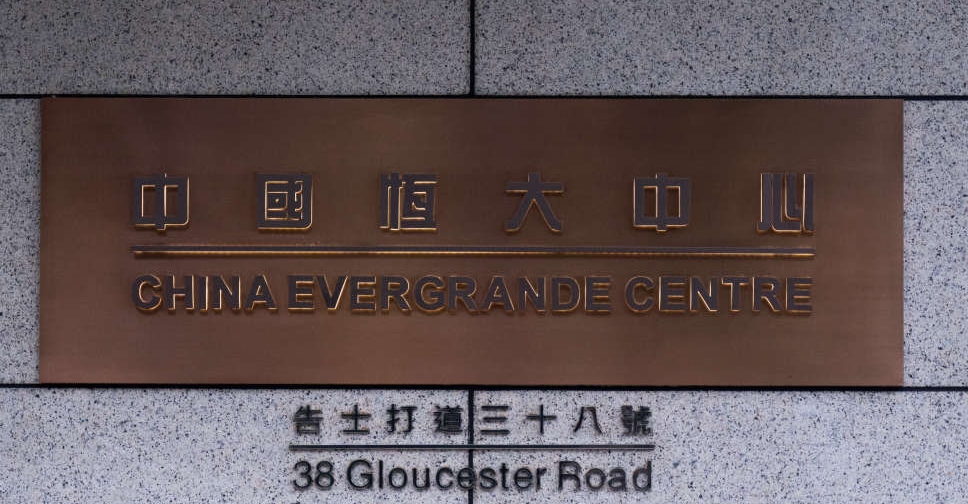
China Evergrande Group has officially filed for bankruptcy protection in the US, a move that comes amidst the escalating real estate crisis in China.
The filing, made on Thursday in a New York court, marks the Group's pursuit of Chapter 15 bankruptcy protection, affording the heavily-indebted company the means to safeguard its US assets while it engages in negotiations with its creditors over a multi-billion dollar deal.
The company's colossal default on its substantial debts in 2021 reverberated through global financial markets, sending shockwaves that were felt across the economic spectrum. With liabilities estimated at more than $300 billion, Evergrande stood as the world's most debt-burdened property developer, a fact that led to the suspension of its shares from trading since the prior year.
The current move arrives against the backdrop of a tumultuous property market in China, further compounding concerns about the state of the world's second-largest economy. Evergrande's real estate arm, which boasts an extensive portfolio of over 1,300 projects spanning across more than 280 cities, is accompanied by diverse business ventures such as an electric car manufacturing division and a football club.
Evergrande's ongoing efforts to renegotiate terms with creditors gained impetus post-default, as the conglomerate grappled with its debt repayment obligations. The company's recent revelation of a combined loss of $80 billion over the past two years only exacerbated its financial conundrum.
As this economic turmoil unfolds, China's economy has shown signs of deflation, reporting a decline in consumer prices for the first time in over two years. Despite this, the country's economy is not grappling with the inflationary pressures that have vexed many other nations, leading to an increase in borrowing costs by central banks worldwide.
The latest data indicated a stark drop in both imports and exports for the nation, as global demand waned, casting shadows over the recovery prospects for the world's second-largest economy. July's figures recorded a 14.5 per cent decrease in exports and a 12.4 per cent dip in imports compared to the same period the previous year.
In an unexpected move earlier this week, China's central bank carried out a second reduction of key interest rates in the span of three months, signalling a concerted effort to invigorate the economy in the face of mounting challenges.




 Nasdaq set to confirm bear market as Trump tariffs trigger recession fears
Nasdaq set to confirm bear market as Trump tariffs trigger recession fears
 Dana Gas and Crescent Petroleum exceed 500M boe in Khor Mor field
Dana Gas and Crescent Petroleum exceed 500M boe in Khor Mor field
 China to impose tariffs of 34% on all US goods
China to impose tariffs of 34% on all US goods
 Shares bruised, dollar crumbles as Trump tariffs stir recession fears
Shares bruised, dollar crumbles as Trump tariffs stir recession fears
 Wall Street futures sink as tariffs fuel recession fears
Wall Street futures sink as tariffs fuel recession fears



